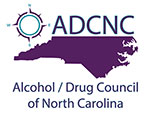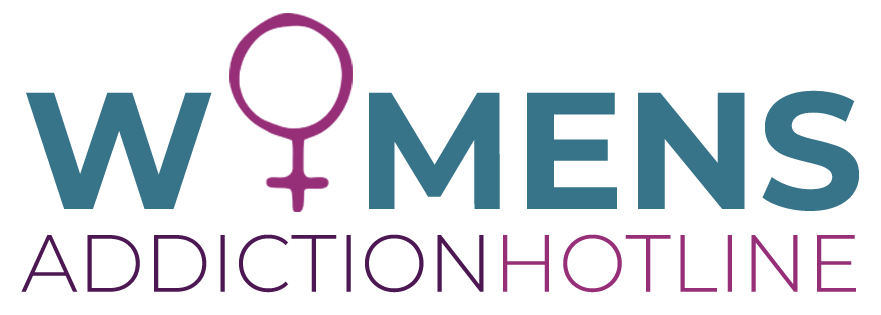North Carolina Women’s Addiction Hotline
North Carolina Women’s Substance Abuse Hotline
North Carolina Women’s Drug & Alcohol Abuse Statistics
Substance abuse among women in North Carolina is a significant problem, with a survey of North Carolina domestic violence programs revealing that substance abuse problems are common among women[1]. According to data from the National Survey on Drug Use and Health (NSDUH), over 5 million women with substance abuse disorders over the age of 18 had increased suicide risk[2]. Furthermore, a study conducted on pregnant women in North Carolina found that 62% of the women had used one or more substances before pregnancy[3]. These statistics highlight the prevalence of substance abuse among women in North Carolina and the need for effective interventions to address this issue.
Several factors contribute to substance abuse among women in North Carolina. One in four women in North Carolina has been diagnosed with a depressive disorder, which is a significant risk factor for substance abuse[4]. Additionally, obesity plays an important role in the risk factors for chronic diseases such as diabetes, cardiovascular disease, and substance abuse[4].
Furthermore, almost half of adults in Western North Carolina report that their life has been negatively affected by substance abuse[5]. These factors highlight the complex interplay between mental health, physical health, and substance abuse among women in North Carolina.
Despite the prevalence of substance abuse among women in North Carolina, there are resources available to help women dealing with this issue. Pregnant women in North Carolina have access to a range of treatment levels, from outpatient to long-term residential treatment[6]. The Mental Health and Substance Use section of the North Carolina Department of Health and Human Services offers addiction and substance abuse services, mental health services, and information about treatment centers[7]. Additionally, the National Center for Drug Abuse Statistics provides the latest facts and statistics on substance abuse, including alcoholism and opioid addiction[2]. These resources can help women in North Carolina access the support and treatment they need to overcome substance abuse and improve their overall health and well-being.
References
1. Substance abuse issues among women in domestic …. from pubmed.ncbi.nlm.nih.gov/18703771/
2. NCDAS: Substance Abuse and Addiction Statistics [2023]. from drugabusestatistics.org/
3. Violence and substance use among North Carolina …. from pubmed.ncbi.nlm.nih.gov/8669524/
4. 2022 Women’s Health Report Card. from www.med.unc.edu/cwhr/whrc/
5. Substance Misuse. from www.wnchn.org/wnc-data/substance-misuse-2022/
6. Substance Use Disorder Treatment. from www.ncdhhs.gov
7. Mental Health And Substance Use Disorders. from www.ncdhhs.gov

Women’s Substance Abuse Treatment Resources North Carolina

North Carolina Government Mental Health and Substance Use Disorder Treatment
North Carolina Government Mental Health and Substance Use Disorder Treatment. The Mental Health and Substance Use Disorders section offers addiction and substance use disorders services, mental health services and information about treatment centers. Substance Use Disorder (SUD) services help to prevent misuse of alcohol and other drugs and to help people with substance use disorders in obtaining the appropriate services and supports they need to live a life in recovery. Prescription Drug Misuse, Misuse of prescription painkillers along with illicit opioid use (e.g. heroin, fentanyl) are driving the overdose crisis. To combat this, we sponsor a statewide reporting system for controlled substances.
North Carolina Black Mountain Substance Abuse Treatment Center for Women
North Carolina Black Mountain Substance Abuse Treatment Center for Women. Black Mountain Substance Abuse Treatment Center for Women is a 60-bed residential treatment facility that provides chemical dependency treatment services to probationers sent by the courts and to parolees released from the State Prison System and transitioning back into the community. Located in the beautiful mountains of western North Carolina, the serene setting provides a comforting beginning for the recovering journey. Embracing evidence-based practice design, the clinical team provides a multi-disciplinary approach, focusing on group and individual therapy, in addition to substance abuse education. The Center offers a 90-day program

Alcohol Drug Council of North Carolina Women’s Perinatal Treatment
Alcohol Drug Council of North Carolina Women’s Perinatal Treatment. Weekly Bed Availability, Admission Preference. In accordance with 45 CFR §96.131 Treatment Services for Pregnant Women of the Substance Use Prevention, Treatment & Recovery Services Block Grant (SUPTRS), pregnant women are given preference in admission to programs/facilities supported by these funds. Priority admission is as follows: (1) Pregnant women using substances intravenously, (2) Pregnant women with a substance use disorder, (3) individuals using substances intravenously, (4) All others.

TROSA North Carolina Residential Treatment Program
TROSA North Carolina Residential Treatment Program. TROSA is a licensed, innovative, multi-year residential treatment program. TROSA is a cost-free program. You do not need insurance. TROSA is a peer-driven program. Each day, TROSA gives more than 400 men and women the tools and support they need to be productive, recovering individuals by providing life skills and vocational training, education, health services, counseling, mentoring, and continuing care. Most importantly, we provide a safe space for peers to help each other in their recovery. We provide these services and housing, food, clothing, and personal care items to every resident at no charge.
Recovery Communities of North Carolina (RCNC) Peer-Based Recovery
Recovery Communities of North Carolina (RCNC) Peer-Based Recovery Support. The programs and services offered by the Recovery Communities of North Carolina (RCNC) are designed to provide comprehensive support and resources for individuals seeking recovery from substance use disorders. Through a variety of initiatives such as peer support, recovery education, advocacy, and community outreach, RCNC aims to create a supportive environment where individuals can access the tools and guidance necessary for sustained recovery. With a focus on empowering individuals to take control of their recovery journey, RCNC offers a range of programs including recovery coaching, peer support groups, educational workshops, and community events, all aimed at fostering a culture of recovery and resilience throughout North Carolina.

